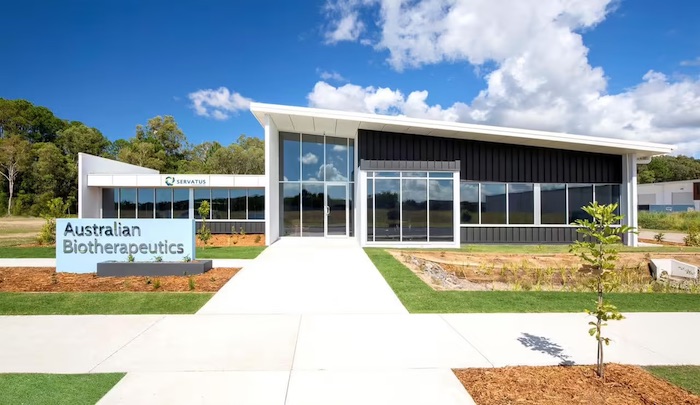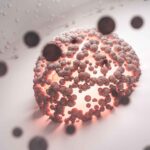Servatus Ltd, an Australian biopharmaceutical company delivering leading, novel autoimmune and microbiome therapies, has begun dosing patients in a world-first human clinical trial studying the effects of using live biotherapeutics to treat the debilitating condition of rheumatoid arthritis (RA).
The study is being conducted by Australia’s leading rheumatologist, Dr Peter Nash, at the Rheumatology Research Unit on the Sunshine Coast in Queensland, and will research the effects of specially formulated live biotherapeutics on patients with RA.
The aim of the trial is to assess the impact of live biotherapeutics on gut microbiome composition and function, and ultimately the association between a healthy gut and a reduction in the symptoms associated with RA.

Preclinical animal trials have already delivered very positive results, with the goal now firmly set on demonstrating the effectiveness of this treatment on people and thereby having a positive impact on the lives of hundreds of thousands of Australians.
Professor Peter Nash from University of Queensland, Griffith University, Director of the Rheumatology Research Unit on the Sunshine Coast, and veteran of rheumatology trials for many of the major pharmaceutical companies said, “We know the gut microbiome is important in the possible cause of, or one of the drivers for, Rheumatoid Arthritis and this is an exciting opportunity to test the beneficial effects of a novel live biotherapeutic.”
Dr Wayne Finlayson, Servatus’ CEO commented: “The dosing of our first patient in this landmark human trial is an extremely significant milestone. Identifying a link between a healthy microbiome and a reduction in the symptoms associated with rheumatoid arthritis potentially enables us to offer people who have been living in constant debilitating pain an effective, natural treatment, and this is very exciting.”
Servatus’ technology uses live biotherapeutics derived from the human microbiome that has a different mode of action than existing drugs to suppress the production of inflammatory cytokines and improve the production of anti-inflammatory cytokines. Cytokines are secreted proteins that have a specific effect on the interactions and communications between cells.
Rheumatoid Arthritis Overview
According to the Australian Government’s Australian Institute of Health and Welfare, RA affects 1 in every 50 people, and is estimated to cost the Australian health system $1.2 billion. Around 456,000 Australians (1.9% of the total population) have rheumatoid arthritis, with rates slightly higher for women (2.3%) than men (1.5%).
RA is an autoimmune disease that causes pain and swelling of the joints. The normal role of the body’s immune system is to fight off infections, however with an autoimmune disease, the body’s immune system starts attacking its own healthy tissues. In RA, the immune system targets the lining of the joints, causing inflammation and joint damage. RA usually affects smaller joints, such as the joints in the hands and feet. However larger joints such as the hips and knees can also be affected.
Around 40% of people who have RA also experience signs and symptoms that don’t involve the joints. Areas that may be affected include: skin, eyes, lungs, heart, kidneys, salivary glands, nerve tissue, bone marrow and blood vessels.
Call-out for RA sufferers to get involved in the trial
The trial is looking to recruit 45 patients in total and will run for approximately 12 months, with final results expected in the second half of 2023.
Anyone who suffers from RA and is interested in participating in the trial, can register via this website









